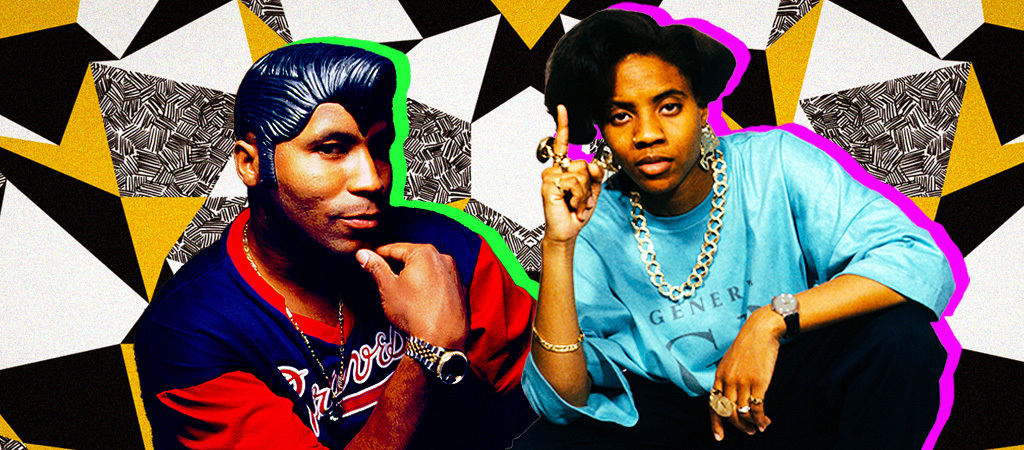
With hip-hop celebrating its 50th anniversary in 2023, it’s been amazing to see a number of rap legends and leaders of the new school getting highlighted throughout the year. And while moments at the Grammys and BET Awards set the stage for a year-long celebration, there are still a number of icons in their own right who don’t get their due.
It’s been refreshing to see rappers like E-40 and Black Thought finally getting much-deserved credit for being certified all-timers in recent years, and while there are surely countless artists who could use more recognition, here are nine others who deserve their flowers; especially now in hip-hop’s 50th year.
Big L
Big L was an absolute killer on the mic, but his life was cut tragically short in 1999 at the age of 24. The Harlem rapper was on a major come up at the time of his death, primed to sign with Jay-Z’s Roc-A-Fella Records before things were cut short.
He was a member of famed NY crew DITC, a pioneer of the independent hip-hop movement with his artist-run label Flamboyant Entertainment, and even collaborated with 2Pac on the supreme cut, “Deadly Combination” (Rumor has it 2Pac recorded the song with Big L less than an hour before 2Pac was shot and killed himself.)
Big L’s mastery was never more evident than on “Ebonics,” where he managed to lay out the entire hip-hop vernacular in a manner that was both entertaining and totally comprehensive.
MC Lyte
Coming up in the late ’80s, MC Lyte was actually the first female solo rapper to drop an album with Lyte As A Rock in 1988. This widely publicized factoid somehow still isn’t publicized enough, a testament to exactly why the Brooklyn rapper belongs on this list. Hip-hop was and is still male-dominant and Lyte blazed a trail in dropping sick rhymes that were firmly from the female perspective — before a lot of the women who currently get most of the credit for doing so. With each of her eight albums, the rapper and activist shapeshifted with an edge, normalizing the female point-of-view in hip-hop while the genre took form and flourished.
Aceyalone
Coming up with LA-based crew Freestyle Fellowship, Aceyalone is a crucial figure in the rise of West Coast hip-hop’s independent scene. A central figure on Freestyle Fellowship’s classic albums like To Whom It May Concern and Innercity Griots, it was on his own that Ace-one became a storied MC.
A Book Of Human Language is a benchmark for the hip-hop concept album, with Acey flashing elite skills on tracks like “The Balance” and especially, “The Guidelines.” And it’s how there never seems to be a pause button when Aceyalone gets going into another dimension of lyricism that truly sets him apart.
Gift Of Gab
The Blackalicious MC is best known for the now pop culture ubiquity of “Alphabet Aerobics,” and there’s nary been a wordsmith as loquaciously creative as he. Paired with producer Chief Xcel, the vocal half of the Bay Area duo floated over soul-sampled beats with existential rhymes that were pound-for-pound more technical than just about anyone else in hip-hop. He helped lead the Quannum Collective from the early ’90s onward alongside artists like DJ Shadow and Lyrics Born. Sadly, he died in 2021 after a courageous battle with kidney failure, but he’s undoubtedly a hip-hop hero.
Phonte
With Little Brother, Phonte is a force behind perhaps the last true great group to come out of hip-hop’s Golden Age. Every bar he’s ever laid down on a Little Brother record shows that he’s one of the smartest MCs who can shift easily from rapping about heavy themes to not taking himself too seriously. With the Foreign Exchange, he put down refined R&B alongside producer Nicolay and his solo work is honest, grown-man rap that’s never afraid to be vulnerable in order to get real. Today, the North Carolina product is also the co-host of the Questlove Supreme podcast and has composed music for TV and film. Drake even called Phonte one of his primary influences, even though he never featured him on a track. For shame, sir!
Jean Grae
There’s a problem with female rappers getting their due praise to begin with, but Jean Grae’s work is undoubtedly iconic. The New York City MC shines on her sharp delivery, her ability to align with melodies, and her give no fucks sense of humor. Released in the 2000s, Attack of The Attacking Things and Jeanius are underground classics — the latter produced by 9th Wonder. Grae has also been a go-to featured voice across a number of tracks by Talib Kweli, The Herbaliser, and more. Her collaborative album, Everything’s Fine, with her partner Quelle Chris was Bandcamp’s No. 1 album of 2018.
Roots Manuva
One of the early products of the British rap scene, Roots Manuva seemingly straddled the line of grime, predating its rise with his own style. Born to Jamaican parents, Roots’ music often incorporates heavy dub and dancehall influences, but the production also skews towards electronic, making him well ahead of his time at the turn of the millennium. His sage-like voice is unmistakable and he’s appeared on albums by heavyweights such as Gorillaz and Massive Attack.
Ishmael Butler
You might know Ishmael Butler by one of his alter egos: Butterfly (with Digable Planets) or Palaceer Lazaro (with Shabazz Palaces). His place in hip-hop lore is marked by one of the most fascinating transformations ever. With Digable Planets, Butterfly was the boho-hipster MC/producer of the seminal hip-hop group. Then with Shabazz Palaces, Butler took a mystical turn towards afrofuturism with the prolific experimental hip-hop duo. A Seattle native, he’s also helped storied indie rock label Sub Pop Records develop the more left-of-center part of their roster.
Kool Keith
A hip-hop OG, Kool Keith came up with Ultramagnetic MCs in the mid-’80s. Whether true or not, an early rumor claimed that he had previously been in an insane asylum, and Keith seemed to relish that tale throughout his career. Across solo projects as Kool Keith or his alter egos Dr. Octagon and Dr. Dooom, Keith delivers downright batshit crazy flows. He jumps from rapping in space to wreaking havoc in a deranged psychiatric ward to romancing a lady in his “Monkey-green ragtop Seville.” In the vein of the great Shock G, Keith led the charge on weird rap and embraced the lunatic personas he created for himself to become a true original.
Some artists covered here are Warner Music artists. Uproxx is an independent subsidiary of Warner Music Group.

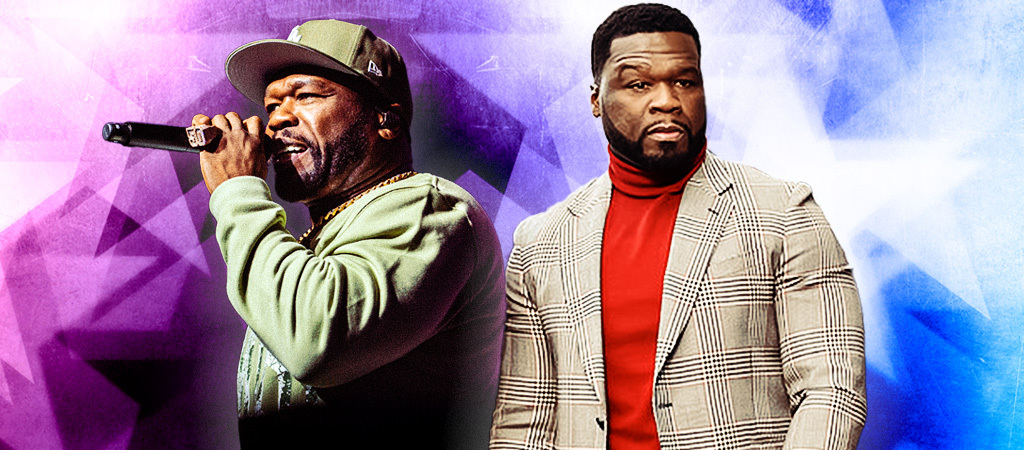
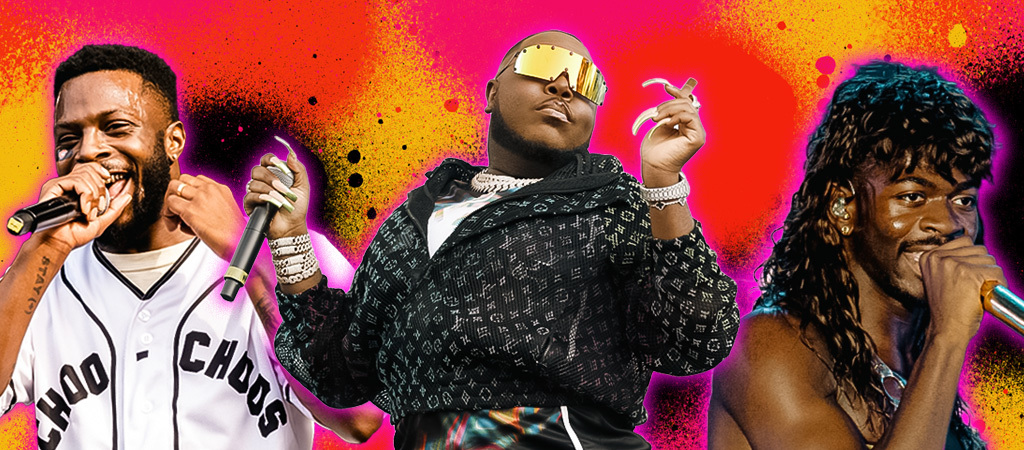

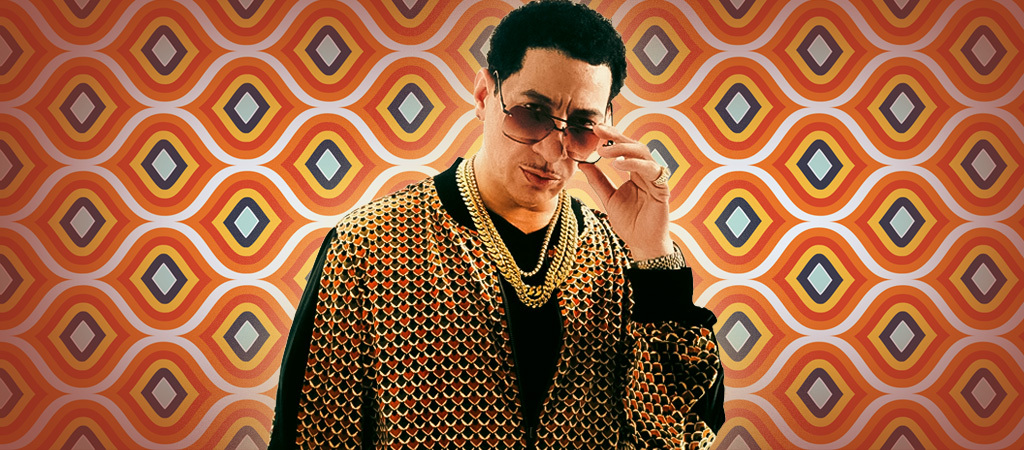

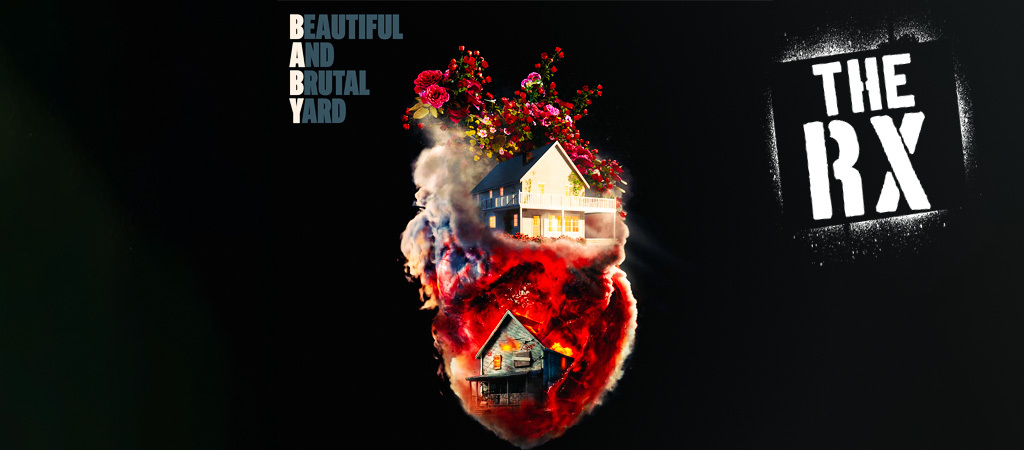








 HIP-HOP, an 18-film 50th anniversary celebration! This mixtape of the cultural phenomenon’s finest movie moments features a stunning line-up of legendary musical figures with films like STYLE WARS, BELLY, DEEP COVER, POETIC JUSTICE, and more!
HIP-HOP, an 18-film 50th anniversary celebration! This mixtape of the cultural phenomenon’s finest movie moments features a stunning line-up of legendary musical figures with films like STYLE WARS, BELLY, DEEP COVER, POETIC JUSTICE, and more!